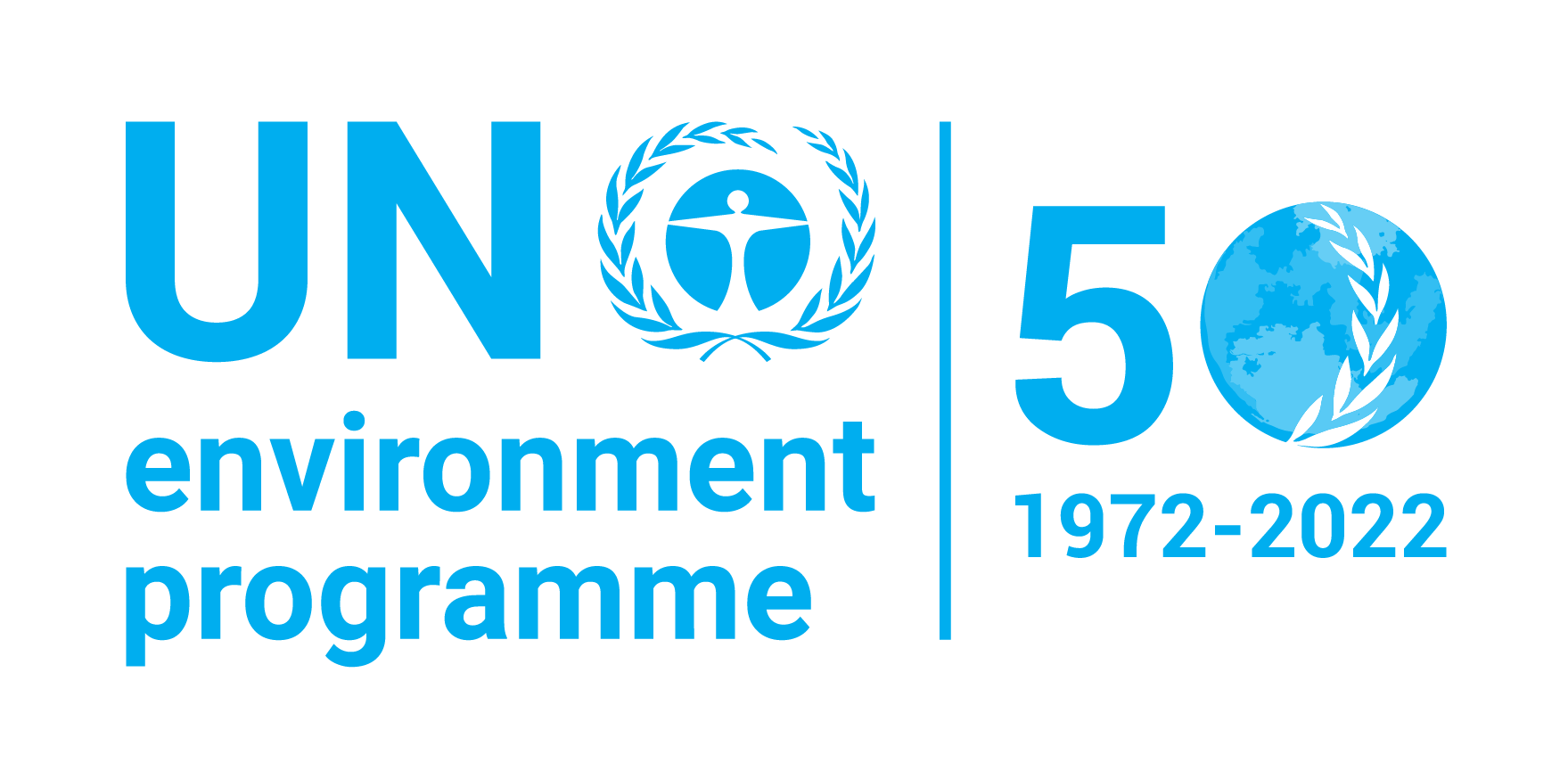Browsing by Category
Now showing items 1-16 of 16
-
Accelerating the transition to inclusive green economies and sustainable consumption and production patterns
(2016)Unsustainable and inefficient resource use has led to widespread environmental degradation, climate change, pollution, waste generation and resource scarcities – all of which have negative impacts on the health and well-being ... -
Climate change
(United Nations Environment Programme (UNEP), 2016)This factsheet This factsheet highlights how the latest assessment by UNEP and World Meteorological Organization-supported Intergovernmental Panel on Climate Change (IPCC) concluded that climate change is affecting many ... -
Empowering governments and other stakeholders in evidence-based decision-making
(2016)With the advent of Big Data, Earth observation technologies and citizen science, it is now possible to access contextualized, near real-time information on the state of the environment. Policymakers need access to such ... -
Ensuring the sound management of chemicals and wastes
(2016)Chemicals and waste are integral to our everyday life, but they also have major impacts on the environment and human health. As the world’s population approaches 8 billion, the sound management of chemicals and waste is ... -
Environmentally sound technology and waste
(United Nations Environment Programme, 2016)The factsheet highlights how waste is a global issue linked to the way society produces and consumes. It provides information on how the amount of global waste generated is growing every year as populations rise, migration ... -
Food Systems and Natural Resources: Building Resource-Smart Food Systems for Sustainable Development - Factsheet
(2016)Food systems fundamentally depend on natural resources, such as land, soil, water, biodiversity, minerals, biomass and fossil fuels. Key statistics show that in many cases these resources are not currently managed sustainably ... -
Healthy environment, healthy people
(United Nations Environment Programme (UNEP), 2016)The factsheets highlights Why addressing the links between environment and health is important and why it matters -
Management of natural capital for sustainable development
(United Nations Environment Programme (UNEP), 2016)This factsheet focuses on delivering the Sustainable Development Goals while capturing the ecological and economic value of healthy ecosystems to ensure sustainable development, social equity and livelihoods. -
Preventing and reducing the environmental impacts of disasters and conflicts while building resilience to future crises
(2016)UNEP has worked in dozens of crisis-affected countries across the globe – from Afghanistan to Haiti, from Syria to Sierra Leone. We support governments and other stakeholders as they minimize the threats to human well-being ... -
Reducing the scale and impact of climate change
(2016)UNEP’s Climate Change subprogramme helps countries to pursue low-emission development pathways and boost their adaptation and resilience capacities. We provide this support by addressing the different elements of the climate ... -
Sand and dust storms
(United Nations Environment Programme (UNEP), 2016)This factsheet highlights how sand and dust storms are a global environmental problem that affects the health and livelihoods of millions of people across the world. -
Strengthening global environmental governance in an interconnected world
(2016)In our globalized world, environmental threats – particularly those that cross political borders – will require effective responses that are also inclusive and sustainable and go hand in hand with peace, justice and development. -
Supporting human well-being through healthy and productivee ecosystems
(2016)Humans depend on healthy and productive ecosystems to meet their basic needs, but many people’s needs are not being met sustainability – If at all. An estimated 795 million people suffer from hunger and 1.2 billion live ... -
UNEA-2 Fact Sheet: Green economy in a blue world
(2016)This factsheet highlight how oceans cover 71 per cent of the Earth’s surface and provide us with food, oxygen and jobs. And yet they are probably the least understood, most biologically diverse, and most undervalued of all ... -
Unlocking the Sustainable Potential of Land Resources: Evaluating Systems, Strategies and Tools - Factsheet
(2016)Better matching of land use with its sustainable potential is a “no-regrets” strategy for sustainably increasing agricultural production on existing land, targeting restoration efforts to where they are likely to be most ... -
释放土地资源可持续潜力 评估系统、战略与工具
(United Nations Environment Programme, 2016)各国的政策制定者、国际发展组织、农民和环保主义者,可以利用土地评估来提高生产效率、增加 生物多样性保护的成功率,并促进创新。土地评估有助于针对如何使用土地做出更好的决策,因此是实 现防治土地退化(可持续发展目标15.3)不可或缺的。我们需要充分认识土地的长期潜力,以便: (1)提 高土地生产效率同时适应气候变化;(2)尽量减少土地利用变化产生的社会、经济和环境风险;(3) 提高土地恢复的成功率并识别可被修复的土地;(4)促进创新与知识共 ...

















